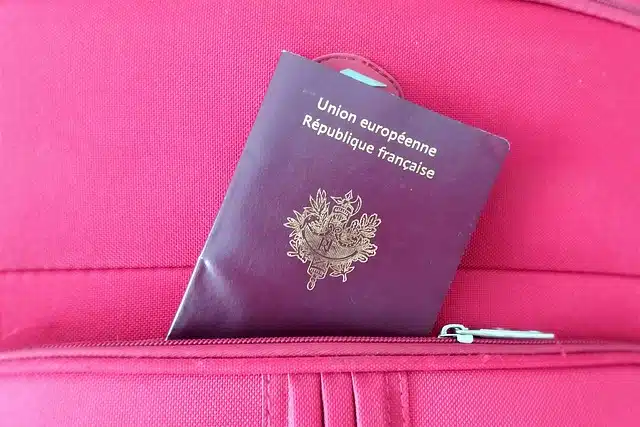
It is common for tango to be considered part of the national identity of Argentina.
Identity is a word of Latin origin ( identitas ) that refers to the set of characteristics of a subject or a community . These characteristics differentiate an individual or group from others. Identity is also linked to the awareness that a person has about themselves.
National identity , for its part, is a social, cultural and spatial condition ; These are traits that have a relationship with a political environment since, generally, nations are associated with a State (although this is not always the case).
National identity and nationality
Nationality is a concept close to national identity. People who are born in Brazil , for example, are of Brazilian nationality and have legal documents that prove this condition. These individuals, therefore, have Brazilian identity.
However, the most symbolic aspect of the notion may vary in each case. A person who is born in Brazil (has Brazilian nationality) and at five years of age goes abroad, may lose or neglect, over time, his or her national identity. If said subject, after spending the first five years of life in Brazil , lives the next forty years in Australia , without ever returning to his homeland, it is likely that he will maintain his nationality from a legal point of view, but not his social identity. or cultural.
In other cases, national identity may exist without being certified by a legal document . Gypsies can talk about national identity even though their nation does not have its own territory or a State that protects them as a social group. A man, therefore, can have Spanish nationality or any other country and a gypsy identity.

National identity is generally associated with a State.
Cultural exchange
Returning to the pure concept of identity , it is important to highlight that one of its fundamental nuances is the vision that a person has about their own characteristics, how they believe that others perceive them when they see them, when they hear them, when they deal with them. It is precisely this very personal, very private aspect that unquestionably affects the rigidity of national identity ; It is not even necessary to have lived in a country to feel part of it, although this does not happen very frequently.
Although cultural exchange has taken place for hundreds of years, as can be seen by researching the lives of writers and composers, technological advances in the field of communications increasingly facilitate the approach to other lands without having to move. of one's own. The Internet allows us to learn in a way that only a few years ago only science fiction could describe, and this results in a wealth that increasingly weakens the chains that separate one nation from another .
National identity and lifestyle
For those born in the television era, words of foreign origin like stop or play were never strange; Likewise, they have been able to incorporate email , Internet and streaming , among many other terms, to adapt to the growing possibilities that technology offers. Something similar happens with musical genres: a Japanese couple dancing tango in a theater in Kyoto is as common as a Spaniard performing a rap written by himself, in his own language.
How much of national identity remains in these last two examples? If we take into account the number of hours necessary to train in a discipline such as dancing or singing, in the case of a person who dedicates his life to studying a style created thousands of kilometers from his home, in another era, with an absolutely different sociocultural context and in another language , surely these people do not have much time available for nenbutsu dance or cante jondo . The question is, therefore, whether national identity is necessary, or positive.
